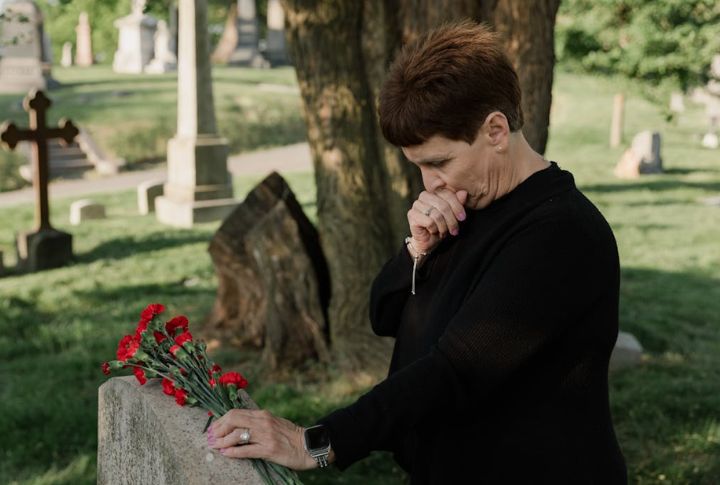
When planning for the future, most people think about wills, savings, and life insurance, but few consider what happens to their Social Security after they’re gone. Understanding how these benefits are handled can make a meaningful difference for your loved ones. These slides walk you through everything you need to know so you can make informed decisions.
What Happens To Your Social Security Benefits After Death

Social Security benefits do not continue after someone passes away, and any payments issued posthumously must be returned. The agency should be notified immediately, often by a funeral home. Banks will also reverse deposits made for ineligible months.
Who Qualifies As A Survivor Under Social Security Rules

Survivor benefits extend to those closely tied to a deceased worker. A spouse raising young children may qualify, as can children or parents who relied on that income. Each case depends on the worker’s earnings and the survivor’s unique situation.
How Spouses Can Claim Survivor Benefits

Widows and widowers can claim survivor benefits starting at age 60 or earlier if they are caring for young children. Claiming early reduces monthly payments, whereas waiting until full retirement age allows for full benefits. Rules also accommodate remarriage after a certain age.
Social Security Payouts For Dependent Children

Children under 18 may qualify for monthly survivor benefits, typically up to 75% of the deceased parent’s benefit. Support may continue throughout high school or beyond if the child has a disability. Moreover, stepchildren and grandchildren can also qualify under certain family or financial conditions.
Can Ex-Spouses Receive Your Social Security After You Die?

An ex-spouse may be eligible to receive survivor benefits provided the union lasted at least ten years and they meet age or caregiving criteria. Their eligibility doesn’t affect what your current spouse or children receive. Benefits can be claimed independently and discreetly, even without your family’s knowledge.
Who Gets It The One-Time Death Benefit?

A small one-time payment of $255 may be granted to a surviving spouse or child if they meet the living arrangement or dependency criteria. This benefit must be requested within two years of the person’s passing. It’s a modest sum, but it is often overlooked due to its limited scope.
How Working Affects Survivor Benefits

If a survivor returns to work before reaching full retirement age, their benefits may be temporarily reduced based on earnings. The Social Security Administration applies income limits. Once full retirement age is reached, withheld benefits may be recalculated and partially restored.
When And How To Apply For Social Security Survivor Benefits

Survivor benefits aren’t automatic—you must apply without delay. Applications can’t be submitted online and usually require a call or an in-person visit to a Social Security office. Applicants will need to present certain documents, including proof of death and proof of relationship.
Why Delaying Your Claim Impacts What Survivors Receive

The age you claim Social Security affects what loved ones may later collect. A later filing raises your benefit base, which raises survivor payouts. Choosing to wait can significantly shape the long-term financial security your family is left with.
Understanding Dual Entitlement For Widows And Widowers

Surviving spouses may qualify for both their own Social Security and survivor benefits, but they won’t receive the full amount from both. The higher of the two will be paid, not the total. Understanding how dual entitlement works can help surviving spouses plan more effectively and avoid unexpected benefits.
